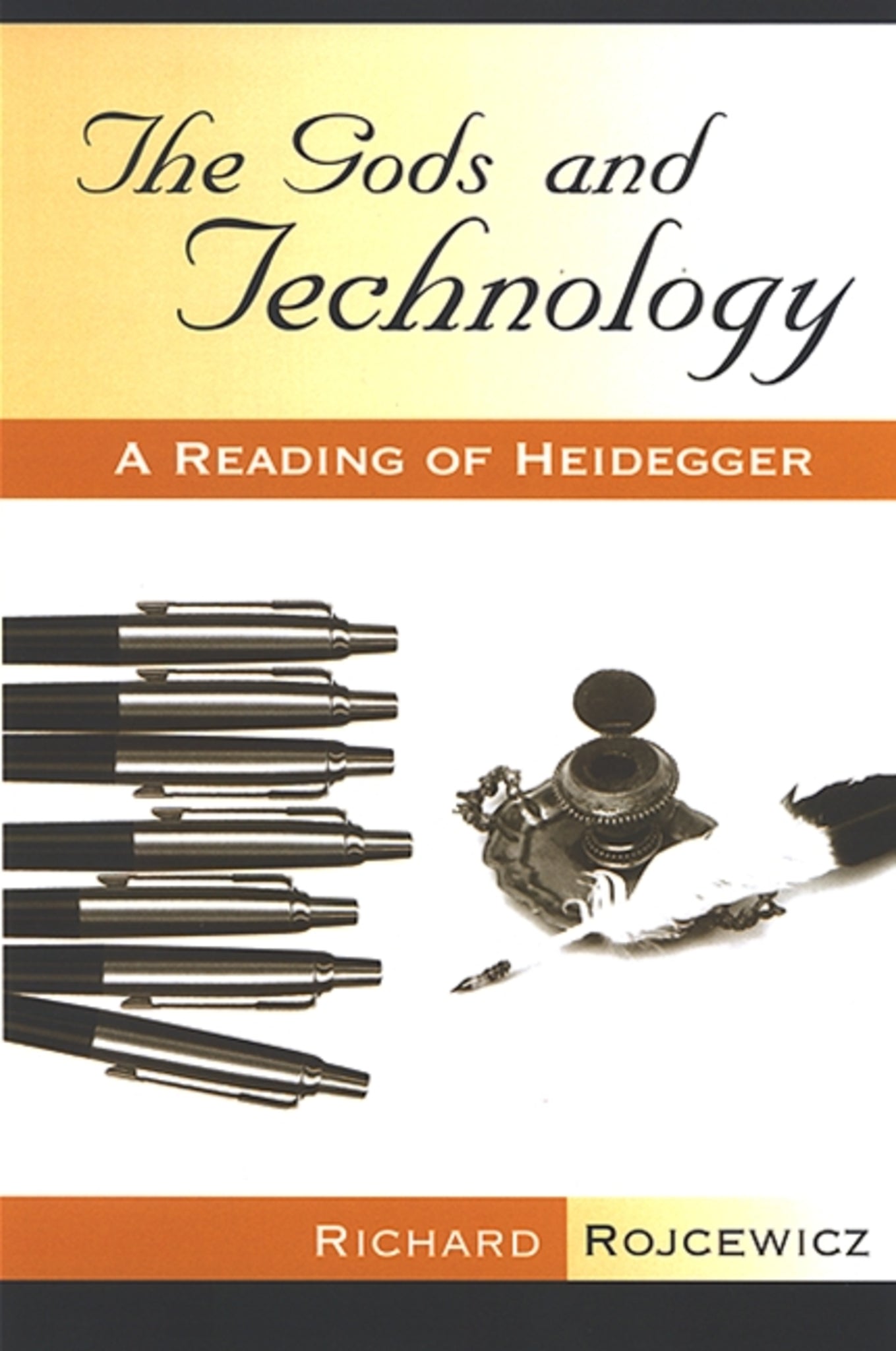We're sorry. An error has occurred
Please cancel or retry.
The Gods and Technology

Some error occured while loading the Quick View. Please close the Quick View and try reloading the page.
Couldn't load pickup availability
- Format:
-
01 January 2006

An analysis of Heidegger's philosophy of technology.
The Gods and Technology is a careful and original reading of the principal statement of Martin Heidegger's philosophy of technology, the essay Die Frage nach der Technik ("The question concerning technology"). That essay is a rich one, and Richard Rojcewicz's goal is to mine it for the treasures only a close reading of the original German text can bring out. Rojcewicz shows how the issue of technology is situated at the very heart of Heidegger's philosophical enterprise; especially for the late Heidegger, the philosophy of technology is a philosophy of Being, or of the gods.
For Heidegger, technology is not applied knowledge, but the most basic knowledge, of which science, for example, is an application. The ultimate goal of this study, and, as Rojcewicz writes, of Heidegger's thought, is practical: to find the appropriate response to the challenges of the modern age, to learn to live in a technological world without falling victim to the thrall of technological things.


"…an insightful 'reading' of Heidegger's landmark essay 'Die Frage nach der Technik' ('The Question Concerning Technology') … Rojcewicz makes a significant contribution to the study of Heidegger's philosophy of technology." — Journal of Phenomenological Psychology
"…this work not only contains an elucidation of Heidegger's argument, it also discusses how to comprehend Heidegger's inventive use of language in a way that is a valuable asset for those reading Heidegger in English."— Religious Studies Review
Preface
Introduction
Part I. Ancient Technology
The four causes as obligations, as making ready the ground
The so-called efficient cause in Aristotle
Abetting causality as a reading of Heidegger
Letting, active letting, letting all the way to the end
Producing, bringing-forth, nature
Manufacture and contemplation
Bringing-forth as disconcealment
Disclosive looking
Technology and truth
The Greek concept of techne
Ancient technological practice as poiesis
Part II. Modern Technology
Ancient versus modern technology
Modern technology as a challenging: the gear and the capacitor
Modern technology as an imposition
Modern technology as a ravishment
Modern technology as a disposing
"Disposables"
Ge-stell, the "all-encompassing imposition"
The essence of modern technology as nothing technological
Science as harbinger
Science as mediator
Causality; modern physics
The novelty of modern technology
Part III. The Danger in Modern Technology
Asking about and asking for
Sent destiny, history, chronology
Freedom
Hastening
Doom
The danger
The highest danger
The occultation of poiesis
That which might save
The sense of essence
Enduring
Bestowal
The essence as something bestowed
Bestowal as what might save
The mystery
The constellation
Transition to the question of art
Part IV. Art
(Metaphysical) aesthetics versus (ontological) philosophy of art
Art as most properly poetry
Art and the history of Being
Art and technology
Questioning
Part V. Detachment
Contemplation; Detachment (Gelassenheit)
Openness to the mystery, autochthony, lasting human works
Conclusion: phenomenology; improvisation on the piety in art
Notes
Cited Works of Heidegger
Bibliography of Major Secondary Studies
Index



